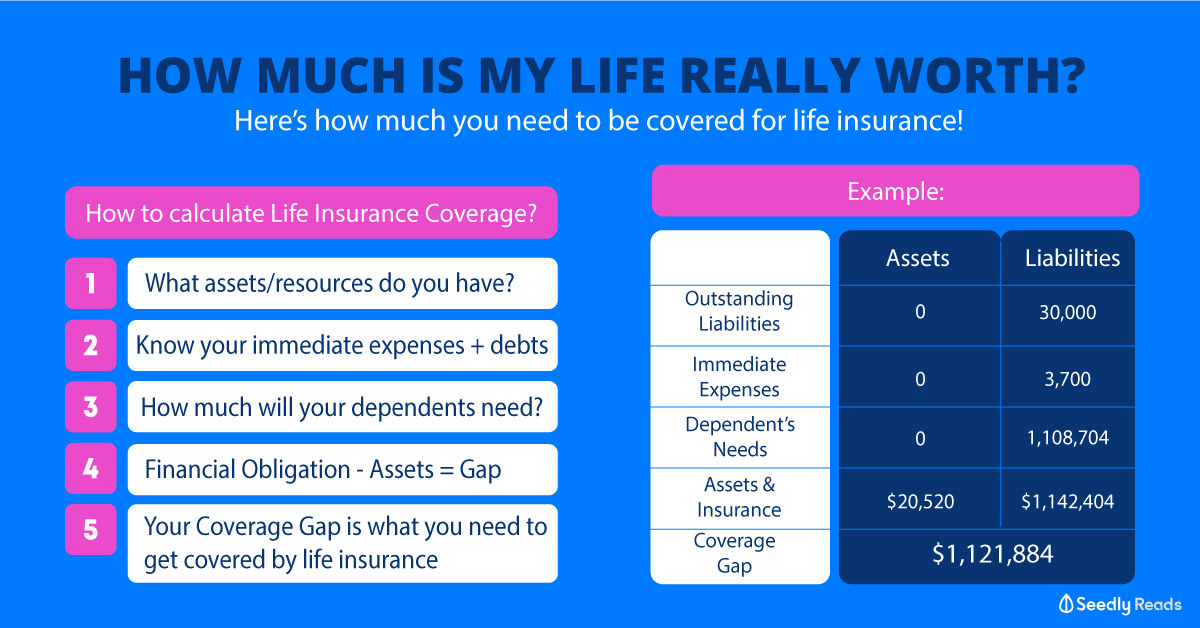Advertisement
Anonymous
Which is better if I am deciding between whole and term life? And how do I know which is a better plan based on what needs I have?
Can you give examples under which circumstances would one suit me better?
7
Discussion (7)
Learn how to style your text
PolicyPal
08 Oct 2020
Official Account at PolicyPal
Reply
Save
Chuin Ting Weber
07 Oct 2020
CEO and CIO at MoneyOwl
Hi Anonymous,
Thank you for your question. MoneyOwl and one of our parents Providend (including through the DIYInsurance business which MoneyOwl inherited) have been strong and vocal advocates of term insurance. This has often attracted the ire of fellow advisers.
For most people, term insurance can fully cover their needs and this starts from an understanding of what insurance is for. Insurance is for protection. Insurance was not meant to be for saving and investing (whole life combines both) – it is far too expensive to use insurance for this purpose and there are many instruments out there even if you are risk averse. Insurance is thus an expense and MoneyOwl’s insurance philosophy is that we should buy as much insurance as we need but pay as little as we can.
The best way to start thinking about insurance is not from products but in the following order:
· How long we need the coverage for. This is also highlighted by Elijah below, as the place to start.
· How much you need
· And then what type to buy
When we start by asking how long we need the coverage for, we realise that there are many needs that are temporary (for a period, or a “term”); and there are a few needs that are permanent (you need for “life”). If you are buying insurance to mitigate the loss of income due to death, a critical illness or disability, may I suggest that we only need this insurance until your planned retirement age (when there would have been no more income to replace), or until there are no more dependents, whichever is later.
The needs that are for life are mainly large medical bills, so for this you need a Shield plan that can cover you for life. But, should you have a conviction that you would like to utilise alternative medicine in a medical situation, this need for alternative medicine coverage could be a “whole life” need.
Ultimately, the reason we advocate term insurance is because it is the most affordable way to be fully covered and it is fit-for-purpose. If you depend solely on whole life, you will never be able to fully cover yourself. Yes, whole life gives you money “back”, but only because a large part of that premium – maybe 80 cents out of every dollar – you had given to the insurance company to invest for you (at very low rates because of the high costs involved) in the first place; the portion that went to pay for protection is not given back to you. If you ask actuaries, the people who make all the calculations in insurance companies, you will be hard pressed to find an actuary who would buy any insurance except term insurance and medical expenses insurance.
We explain more about this in the following:
An ebook that we have on term life vs whole life written by Providend founder and CEO/ MoneyOwl Executive Director Christopher Tan
https://www.moneyowl.com.sg/wp-content/uploads/...
A video of a recent insurance webinar:
https://www.youtube.com/watch?v=iQePr0qb2xY&fea...
To assess your insurance needs, you can also try out our insurance needs analysis platform (under “Find Out What I Need” on our insurance page) or compare about half a million quotes (“Compare Insurance”) on our insurance page, no account creation required and no need to speak to anyone, until you wish to. https://www.moneyowl.com.sg/insurance/
Hope this answers your question!
Reply
Save
Elijah Lee
06 Oct 2020
Senior Financial Services Manager at Phillip Securities (Jurong East)
Hi anon,
To understand which plan is better, you first have to ask yourself, how long do you need t...
Read 4 other comments with a Seedly account
You will also enjoy exclusive benefits and get access to members only features.
Sign up or login with an email here
Write your thoughts
Related Articles
Related Posts
Related Products

MoneyOwl
4.6
47 Reviews
MoneyOwl
Equities, Bonds
INSTRUMENTS
0.5% to 0.6%
ANNUAL MANAGEMENT FEE
$100
MINIMUM INVESTMENT
N/A
EXPECTED ANNUAL RETURN
Web
PLATFORMS
Related Posts
Advertisement







There are three main questions you should consider:
1) Can you afford & commit to the premiums?
Whole life insurance will require a higher financial commitment. If you are unable to afford it at the point, a short term life insurance might be an option to meet your protection needs.
2) Are you willing to invest your money yourself?
Whole life insurance goes beyond fulfilling your protection needs, as it contains cash value which can be unlocked if you surrender it. If you are intending to grow your wealth through other options, term life should suffice. If not, whole life might be a better option.
3) Will your dependents be financially independent?
If you are confident that your dependents will be financially independent, a term life plan that covers the specified period should suffice. If not, a whole life or term life insurance policy that covers till age 99 would be a better option.
You can check this article out for a comparison between term and whole life insurance.